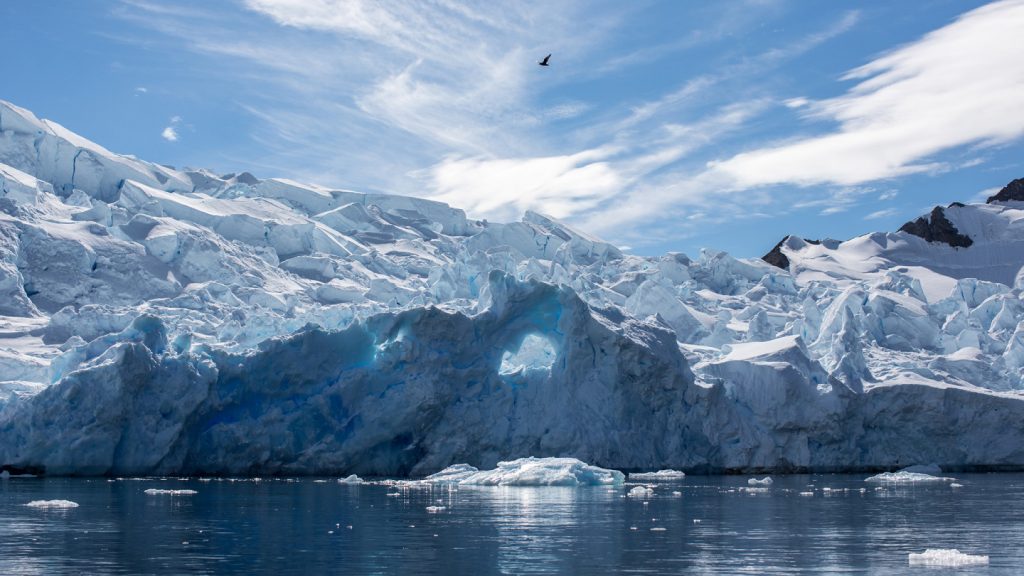
Global ice melt has been a major concern over the past few years and new numbers warn that Greenland’s ice is melting at a rate four times that of the rate in 2003. Scientists say that this is when the rapid ice loss began. Essentially, the study confirms that the warming of the Earth’s atmosphere (and oceans) is definitely occurring at a rate faster than what scientists had thought. More importantly, though, the warning concludes that faster sea level rise is inevitable without intervention.
Accordingly, lead study author Michael Bevis, of Ohio State University, explains, “Increasingly, large amounts of ice mass are going to leave as meltwater, as rivers that flow into the sea.”
And a big part of the global ice melt issue is the ice of southwest Greenland, which is definitely a point scientists did not think was melting as fast as it is. As a matter of fact, the study suggests that this area could definitely become a major contributor to this sea level crisis, especially if the climate continues to warm.
Bevis comments “We knew we had one big problem with increasing rates of ice discharge by some large outlet glaciers. But now we recognize a second serious problem: increasingly, large amounts of ice mass are going to leave as meltwater, as rivers that flow into the sea.”
Now, all things considered, it would still probably take several centuries for most of Greenland’s ice to melt. If it did, the oceans would rise another 23 feet. Still, Bevis comments that once the melting picks up momentum, we probably will not be able to stop it.
In a statement, he attests, “The only thing we can do is adapt and mitigate further global warming—it’s too late for there to be no effect. We are watching the ice sheet hit a tipping point.”
The study has been published in the peer-reviewed journal Proceedings of the National Academy of Sciences.
